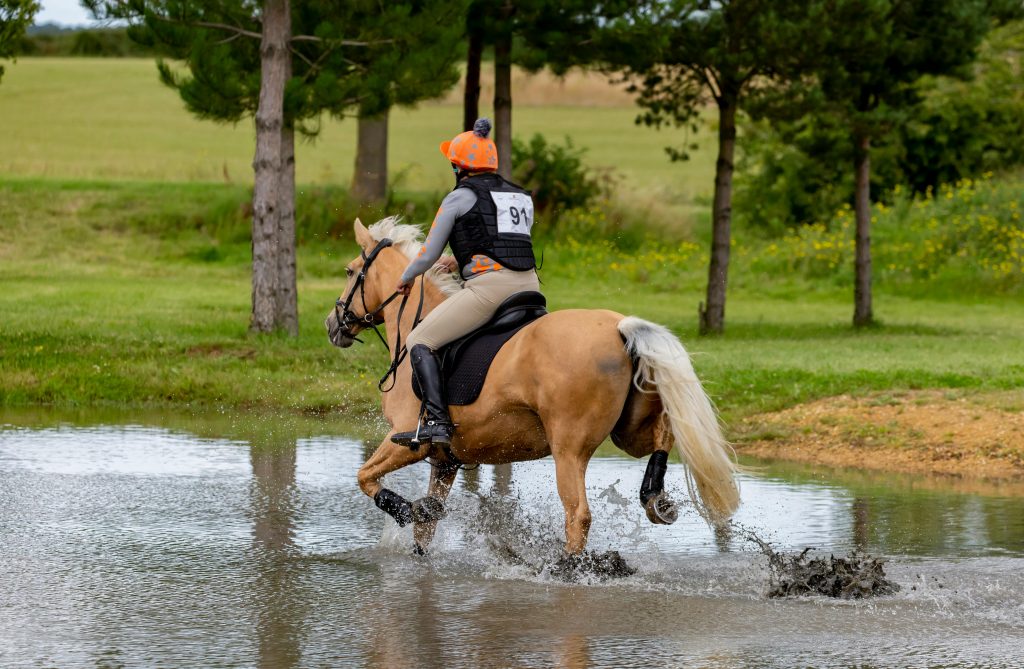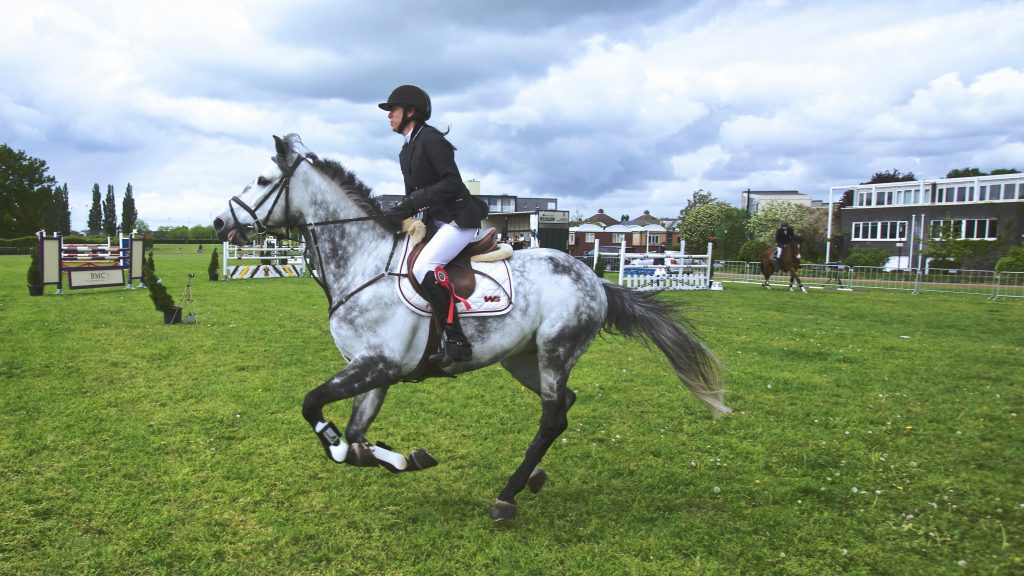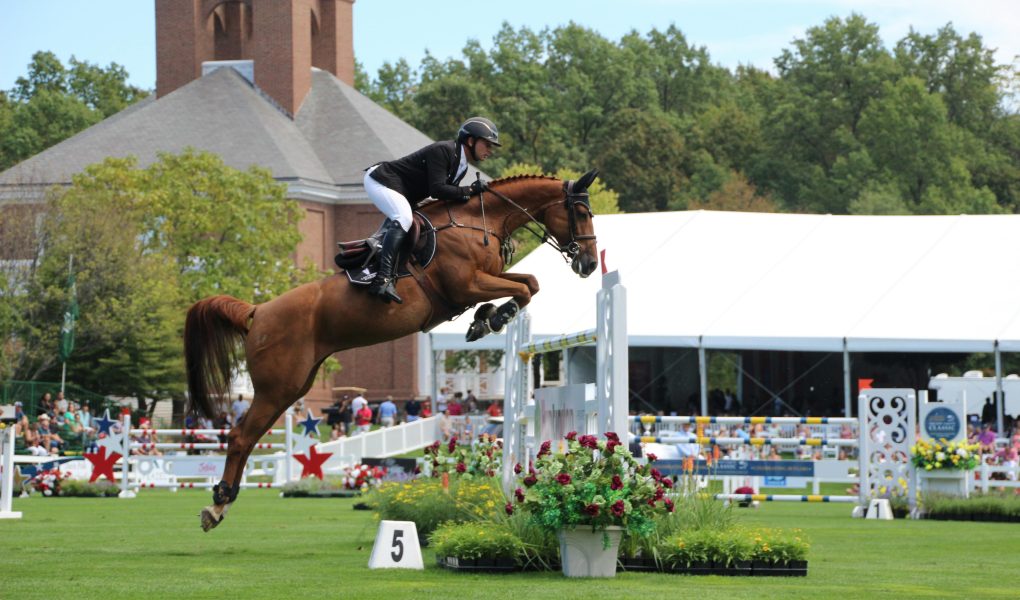Equestrian sports, embodying a unique blend of grace, strength, and mutual respect between horse and rider, have inspired countless individuals throughout history. These sports, which range from dressage to show jumping to polo, demand not only physical prowess but also a deep emotional and intellectual connection between human and horse.
Equestrian sports are more than mere competitions; they are expressions of artistry, discipline, and an age-old partnership that transcends time. Quotes from riders, trainers, and enthusiasts capture the essence of these sports, offering insights into the dedication, passion, and sheer joy involved. This article delves into the world of equestrian sports through the lens of memorable quotes, providing a comprehensive view of the sport’s values, challenges, and triumphs.
The Essence of Equestrian Sports
Equestrian sports are often described as a dance between horse and rider. As Winston Churchill famously said, “There is something about the outside of a horse that is good for the inside of a man.” This sentiment underscores the profound impact horses have on those who work with them. Equestrian sports demand an intimate understanding of these magnificent animals. An old saying goes, “The horse is a mirror to your soul… and sometimes you might not like what you see.” This quote highlights the introspective nature of riding, where the horse reflects the rider’s emotions and behaviors.
The renowned dressage rider Charlotte Dujardin emphasized the harmony required in equestrian sports:
- “Dressage is the art of mastering beautiful movement, and you cannot achieve this without the trust and willingness of your horse.”
- This relationship is built on trust, as echoed by Pat Parelli: “If your horse says no, you either asked the wrong question, or asked the question wrong.”
- Equestrian sports also teach resilience and patience. As Ralph Waldo Emerson put it, “Riding a horse is not a gentle hobby, to be picked up and laid down like a game of Solitaire. It is a grand passion.”
- This passion drives riders to persevere through challenges, a sentiment shared by the legendary rider William Steinkraus: “Riding is a partnership. The horse lends you his strength, speed, and grace, which are greater than yours. In return, you give him your guidance, intelligence, and understanding.”
- Furthermore, equestrian sports instill a sense of humility. As Helen Thompson once remarked, “In riding a horse, we borrow freedom.” This quote encapsulates the humbling experience of riding, where the rider must respect the horse’s power and instincts.
- Monty Roberts, a famous horse trainer, also noted, “The horse is a great equalizer. It doesn’t matter how good you think you are, or how much money you have, or what you wear. The horse doesn’t care.”

These quotes collectively illustrate that equestrian sports are about much more than winning competitions. They are about forming a deep, respectful partnership with a horse, understanding oneself, and continually striving for personal growth.
The Training and Discipline in Equestrian Sports
Training in equestrian sports is an art and science, requiring both rider and horse to undergo rigorous physical and mental preparation.
- As George Morris, a respected figure in show jumping, stated, “Good riding is the correct application of the aids with a soft, invisible technique. It is never ending and it is a lifetime goal.” This continuous pursuit of excellence defines the training regime in equestrian sports.
- The dedication required for training is immense. As famed equestrian coach Sally Swift noted, “Riding is a journey, not a destination.” This journey involves countless hours of practice, often in less-than-ideal conditions.
- Olympic medalist Ian Millar once remarked, “The more I practice, the luckier I get.” This quote emphasizes the importance of persistent effort and the notion that success is earned through hard work.
- Discipline is a cornerstone of equestrian training. Renowned rider and trainer Buck Brannaman pointed out, “Your horse is a reflection of how you are as a person. If you are confident, he will be confident. If you are relaxed, he will be relaxed.” This reflects the idea that a rider’s discipline and demeanor directly influence their horse’s performance.
- Training also involves a deep understanding of equine behavior. As Tom Dorrance, a pioneer of natural horsemanship, expressed, “The horse responds to the rider’s thought. If the rider has a clear image in their mind, the horse will understand and try to do it.” This quote highlights the mental connection between rider and horse, where clear communication and mutual respect are paramount.
- Patience is another crucial aspect of training. As dressage rider Nuno Oliveira said, “Do not forget that the horse can only be compared to a human child. You cannot hurry him up, you must respect his own rhythm.” Training a horse requires understanding and working with the animal’s natural pace and abilities.
- Moreover, the bond formed during training is unique. As Monty Roberts stated, “Horses do not care how much you know until they know how much you care.” This emphasizes the importance of building trust and showing genuine care for the horse’s well-being.
- Another insightful quote by Alois Podhajsky, a former director of the Spanish Riding School in Vienna, is, “The goal of all dressage riding should be to bring the horse and rider together in harmony.”
Training in equestrian sports is thus a multifaceted process that goes beyond physical conditioning. It involves building a strong mental and emotional connection with the horse, fostering mutual respect, and developing a disciplined and patient approach to continuous improvement.
The Challenges and Triumphs in Equestrian Sports
Equestrian sports are fraught with challenges that test the resilience and determination of both horse and rider.
- As the legendary jockey Lester Piggott said, “A horse gallops with its lungs, perseveres with its heart, and wins with its character.” This quote encapsulates the multifaceted nature of challenges in equestrian sports, where physical endurance, mental toughness, and intrinsic spirit all play crucial roles.
- One of the primary challenges in equestrian sports is the unpredictability of working with a living, sentient partner. As the saying goes, “You can lead a horse to water, but you can’t make him drink.” This adage highlights the inherent challenge of working with horses, which have their own minds and temperaments.
- The renowned eventer Mark Todd aptly stated, “There are only two emotions that belong in the saddle; one is a sense of humor and the other is patience.”
- Injuries and setbacks are common in equestrian sports. Olympic rider Pippa Funnell once remarked, “The harder you fall, the higher you bounce.” This quote speaks to the resilience required to overcome physical and emotional setbacks.
- Another inspirational quote comes from the show jumper, Nick Skelton, who said, “No one can teach riding so well as a horse.” This emphasizes the idea that every experience, including failures, is a learning opportunity.
- The triumphs in equestrian sports are deeply rewarding, often resulting from overcoming significant challenges. The bond between horse and rider is at the heart of these victories.
- As eventer Lucinda Green noted, “A good rider can hear his horse speak to him. A great rider can hear his horse whisper.” This quote underlines the subtle communication and understanding that leads to success.
- Success in equestrian sports often comes from a combination of hard work, strategy, and mutual trust. As Equestrian author Charles de Kunffy put it, “Horses and children have a lot in common. They’re both generally forgiving of your nature but are quick to pick up on your fears and inconsistencies.” This quote emphasizes the importance of consistency and trust in achieving triumphs.
- Moreover, the triumphs are not always about winning competitions. They can be personal victories, such as overcoming fear or building confidence. As the dressage rider Carl Hester stated, “It’s not about being the best. It’s about being better than you were yesterday.” This mindset drives many equestrians to continually improve and find joy in their progress.

Thus, the challenges and triumphs in equestrian sports are deeply intertwined, with each setback serving as a stepping stone to greater resilience and each victory representing the culmination of hard work, patience, and the extraordinary bond between horse and rider.
Conclusion
Equestrian sports are a unique and multifaceted pursuit, blending athleticism, artistry, and a profound connection between horse and rider. The quotes explored in this article capture the essence of what makes these sports so compelling and rewarding. From the introspective journey of understanding oneself through the horse to the rigorous training and discipline required, equestrian sports demand a deep commitment and mutual respect.
The challenges faced in these sports, whether physical, mental, or emotional, are significant but are matched by the triumphs that bring unparalleled satisfaction and joy. As we’ve seen through the words of riders, trainers, and enthusiasts, the bond between horse and rider is central to overcoming these challenges and achieving success.
Ultimately, equestrian sports teach us valuable life lessons about patience, perseverance, humility, and the importance of building strong, respectful relationships. As we reflect on the quotes and the wisdom they impart, it becomes clear that equestrian sports are much more than competitive events. They are a way of life that nurtures personal growth and fosters a deep appreciation for the remarkable partnership between human and horse.
In celebrating the rich tradition and enduring appeal of equestrian sports, we honor not only the achievements of the athletes but also the incredible spirit and grace of the horses that make these sports possible. As we conclude, let us remember the words of John Lyons: “The best thing for the inside of a man is the outside of a horse.” This timeless quote encapsulates the profound and lasting impact that equestrian sports have on all who are fortunate enough to participate in them.



